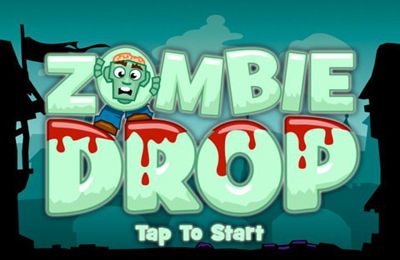

And Bella Ramsey’s Ellie makes scenes that felt thoughtful and mature in the game seem amateurish on-screen. The adaptation revealed that there just isn’t that much to the story.ĭespite Pedro Pascal’s adept performance, Joel seems one-note, a man less deadened by the loss of his daughter than just deadened. But as I watched the show, a new problem arose: Sitting on my couch, unburdened by the need to sneak behind infected, throw bottles as diversions, or carry out the other mechanical demands of combat gameplay, I felt differently bored.

Neil Druckmann, who co-created the The Last of Us game, and Craig Mazin, who wrote the Chernobyl miniseries, are the showrunners for HBO’s adaptation. Kind of makes you wonder: Why would anyone bother? I’ve long reasoned that no serious storyteller would select video games as their medium of choice, given how much better literature, cinema, and television are at narrative expression. It’s a lot to hang around the neck of a sneak-and-shoot PlayStation title. Read: Video games are better without characters Our goal, our mission-these are necessities in a game-is to escort a young girl named Ellie, who appears to be immune to the infection, to a hospital across the country, where doctors working for a resistance movement known as the Fireflies hope to extract a cure. Two decades later, in an authoritarian quarantine zone outside Boston, the hardened Joel forages and trades for supplies with a companion, Tess, who will soon sacrifice herself too-another blow to Joel’s spirit. This loss, mated with the literal end of the world, broke Joel’s spirit.

A younger version of my character, Joel, had tried to escape the infection on outbreak day, but his daughter, Sarah, had not survived.

By now, a lot had already happened in the game’s plot. I couldn’t shake the sense that the combat was getting in the way of the story, acting as filler, just there to give me something to do in between metered doses of narrative. Fuck this fucking game.Īs frustrated as I felt, I was also confused. It would be too boring to tell you all the things I had tried, but none of them had yet worked. In a video game, that translates to a more difficult baddie to beat. An older infected is a more resilient one. The clicker was ghastlier than others, because it had lived long enough for the infection to fully engulf its formerly human face, fungal fibers enrobing it, teeth jutting out like barbs. These “infected”-it’s classier not to call them zombies, and this is a classy zombie-combat game, one with a story-had become misshapen thanks to a cordyceps brain infection, which devoured mankind almost overnight. I was playing The Last of Us, a narrative video game for adults about a zombie apocalypse, and I had just died for what seemed like the thousandth time in the first room with a “clicker,” the game lore’s name for a medium-difficulty enemy. “Fudge,” I remember saying, only I didn’t say fudge, I said fuck, a word for adults.


 0 kommentar(er)
0 kommentar(er)
